Let’s Talk About Antisemitism and THE BOOK OF ELSIE, a guest post by Joanne Levy
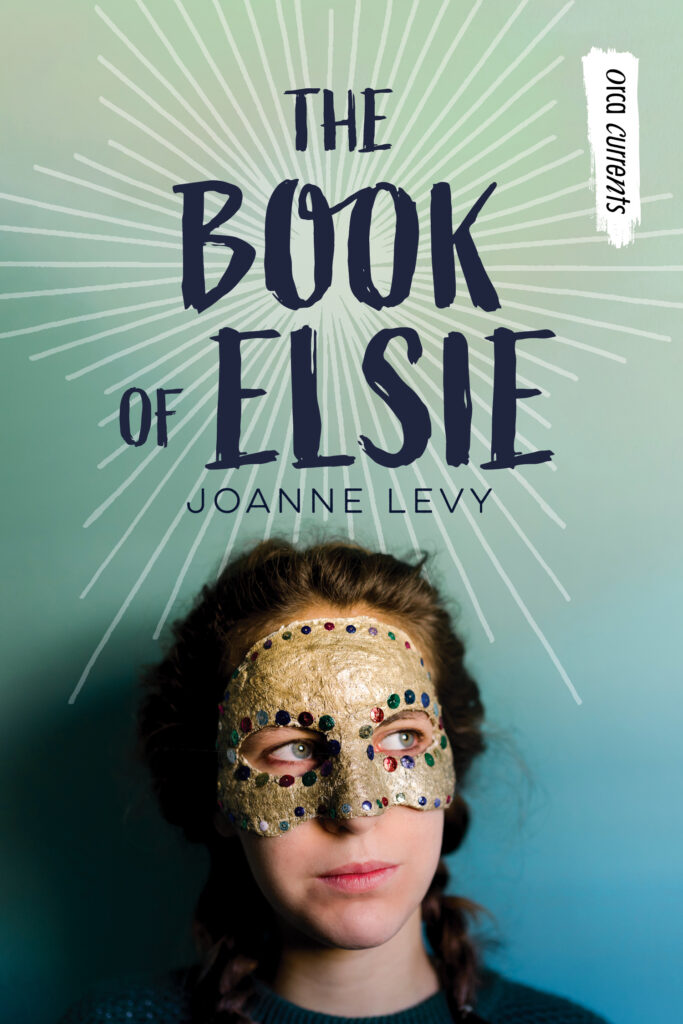
I have a book releasing today called The Book of Elsie. While book release days are normally a big celebration, I wish I hadn’t written Elsie. No, that’s not exactly true. I wish I hadn’t felt I had to write it.
I’m sorry to be a downer already – one paragraph into this post. But the reality is that I am Jewish and hate crimes and acts against Jews are on the rise. Some might say they’re on the rise again, but I say still. They’ve never gone away. They just don’t always make the news.
ADVERTISEMENT
ADVERTISEMENT
If you want to learn about the microaggressions and baked-in, systemic antisemitism that Jews face every day, I encourage you to read Jews Don’t Count by David Baddiel. It’s a sobering but necessary read for every human—Jew and non-Jew alike.
Writing this post and reflecting on the past few years and the violence that many Jews and Jewish communities have faced makes me heartsick and sad. Rereading my book in preparation for its release is bittersweet. But like Elsie in my book, I’m choosing to be strong and brave and not accept that this is okay.
Because it’s not okay. And not talking about it implies that it is.
Writing is my way of talking about it, which is why I’m here today and also why I wrote The Book of Elsie. It’s about a girl who is living her best tween life, excited about her upcoming Purim party where she’ll get to dress up as the heroine of the ancient Purim story: Queen Esther. Until financial hardship threatens to cancel the party and maybe even close down her beloved synagogue. Elsie comes up with the idea to make the party a fundraiser, but then her hopes of saving the party, and the synagogue, are dashed when an act of hate-fueled vandalism ruins everything.
Everything except her spirit because Elsie refuses to let hate get into her heart.
I’ll be honest and tell you that I’m not always as brave as Elsie. Sometimes I hide my Jewishness because it can be scary to be out there. Hate speech and symbols are everywhere. White supremacists have become bolder than ever and the internet is a petri dish for extremism.
But the good news, and what keeps me hopeful, is that kids are open to learning. If kids can learn how to hate, they can learn how to love. Children want to know about the world and are thirsty for knowledge about people unlike them. They just need access to the tools. And my hope is that, with more books like mine, portraying the modern Jewish experience, we can spotlight and demystify what it means to be Jewish and make it easier to love thy neighbor, especially if that neighbor happens to be Jewish.
My real goal is that I want to make kids hate-proof. Because kids who are hate-proof, grow up to be adults who are loving, inclusive, empathetic humans. And more of those make the world a better place.

I hope one day my book will be outdated. That just the thought of an attack on a synagogue (or a church, or mosque, or any place where people gather, honestly) is inconceivable or relegated to history because it never happens. I would be delighted for this book to go out of print because it’s no longer relevant (please don’t tell my publisher I said that). But I fear that it will always be relevant. Jews have been the targets of hate, smear campaigns, scapegoating, stereotypes, and propaganda for literally thousands of years. I’m not naïve enough to think one book, or even a handful of books, can turn the tide. But maybe they can act as drops in a bucket, affecting one kid at a time. Maybe inspiring them to think about what they see and hear and not let hate get in their hearts either.
Sidebar: Please, please, please don’t let the only education that kids receive about Jews be from books about the Holocaust—they do have their important place in classrooms and libraries, yes, but we are not merely our historical trauma.
It’s been my mandate for the last several years to write books about Jewish kids. Not religious books or historical books about the Holocaust but books set in our time that have characters who just happen to be Jewish. I want it to be a normal thing to read about Jewish kids who do things all kids do, like deal with family situations, the awkwardness of being a tween, crushes, friendships, loss, anxiety, and all the things that make us human.
I also strive to write books that make kids laugh and entertain them while they’re learning about the world. I am a funny person, something you may not have guessed from reading this post, but trust me, I am. And I’m proud to say that The Book of Elsie contains a few really good laughs. Because we need moments of relief and levity among the difficult ones.
But for now, back to the serious stuff. We need to teach kids—of all faiths and backgrounds—empathy and what it means to love one another, no matter if we pray differently, eat different foods, wear different clothes, look different, or whatever little things make us unique.
Because the truth is, on the inside, we’re all the same. We want to be loved and respected, have a place to belong, feel safe in our communities, and live our best lives.
But here on the release day for The Book of Elsie, I have mixed feelings and I don’t think I can sum it up much better than my editor, Tanya Trafford, did when she sent me the final files for the book: “I’m very proud of you and this book but also completely pissed off and despondent that it continues to be so [f-bomb redacted] relevant.”
Me too, Tanya, me too.
ADVERTISEMENT
ADVERTISEMENT
But if one kid reads the book and then thinks twice about using a slur or judging someone because of their faith, how they look, who they love, or whatever makes them who they are, I’ve done my job, and I will celebrate that win.
Note: The Book of Elsie is part of the Orca Book Publishers’ Currents line of ultra-readable and accessible books for a middle grade audience. They feature high-interest storylines, simple language, and formatting that is meant to be easy to read with lots of white space and dyslexia-friendly fonts. The Book of Elsie is my third such book, after Double Trouble and Fish Out of Water. Find out more about Orca’s Currents books on their website.

About The Book of Elsie
Elsie Rose-Miller loves celebrating the Purim holiday and can’t wait for the annual costume party at her local synagogue.
Elsie plans to dress up as the fierce and smart Queen Esther, who saved all the Jewish people. But when financial hardship and a terrible incident of hate-inspired vandalism threaten not only the party but the synagogue too, Elsie, like Queen Esther, takes action to bring her entire community—Jewish and non-Jewish alike—together.
The Book of Elsie
By: Joanne Levy
ISBN-13: 9781459834248
Pages:160
Publisher: Orca Book Publishers
JLG Gold Standard Selection
Themes: racism, hate crimes, community, antisemitism, prejudice
Pub Date:08/16/2022
Fry Level:2.8
Lexile:530L
Fountas & Pinnell Text Level Gradient:V

About the Author
Joanne Levy is the author of the Sydney Taylor Notable books Sorry For Your Loss and Small Medium at Large along with The Sun Will Come out and three titles in the Orca Currents ultra-readable line. Along with writing kids that she would have enjoyed reading as a tween, she enjoys needle-felting, woodworking, and watching hummingbirds in her backyard in rural Ontario, Canada where she lives with her husband and several pets, one of whom vomited during the writing of this bio. You can find out more about Joanne at joannelevy.com.
Filed under: new books, Teen Literature
About Karen Jensen, MLS
Karen Jensen has been a Teen Services Librarian for almost 30 years. She created TLT in 2011 and is the co-editor of The Whole Library Handbook: Teen Services with Heather Booth (ALA Editions, 2014).
ADVERTISEMENT
ADVERTISEMENT
SLJ Blog Network
Notes on April 2024
Lifetime Achievement Awards and Upcoming Books: A Talk with Christopher Paul Curtis
Review| Agents of S.U.I.T. 2
ADVERTISEMENT



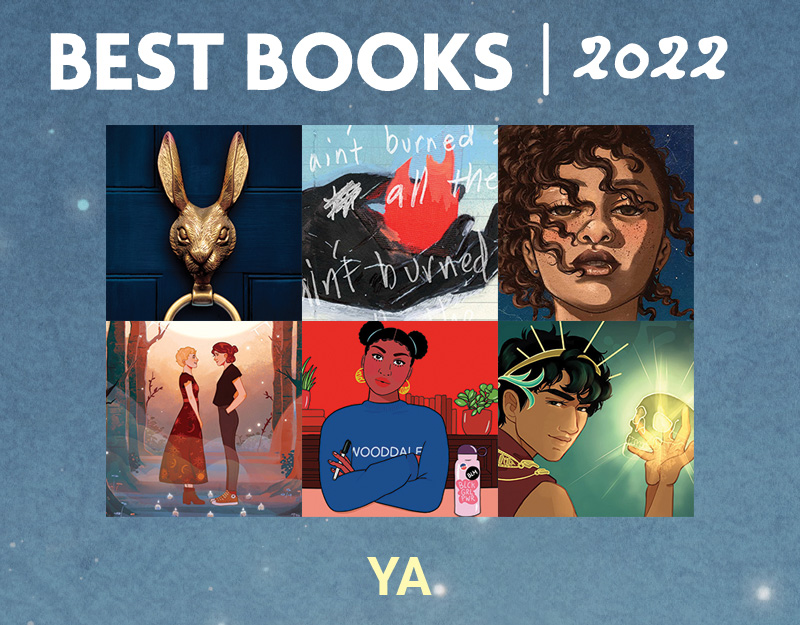
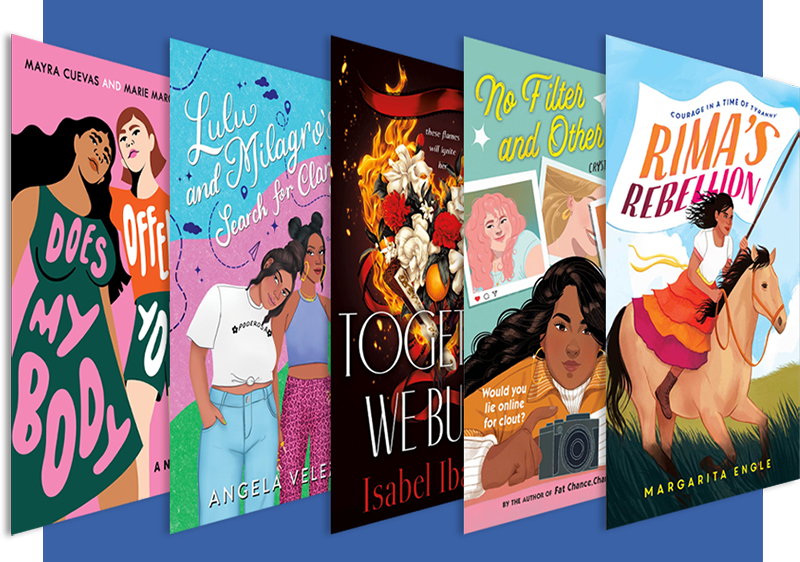
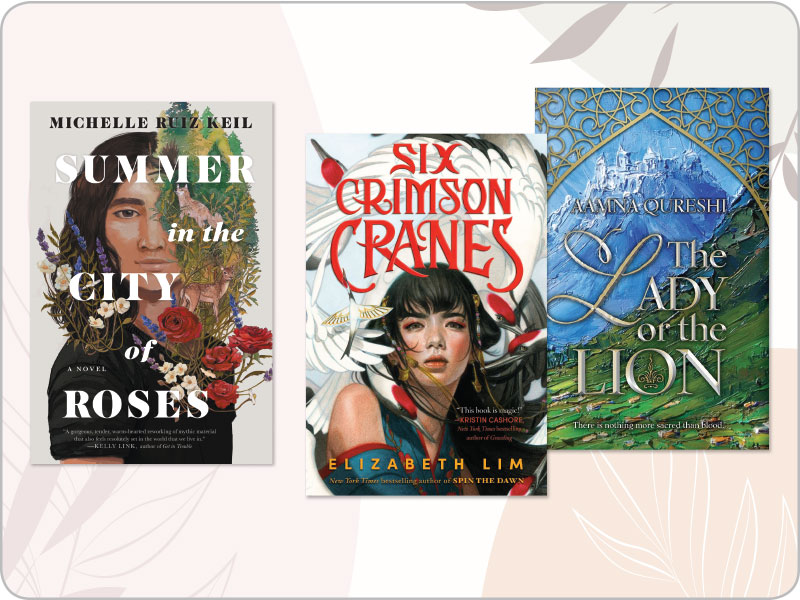
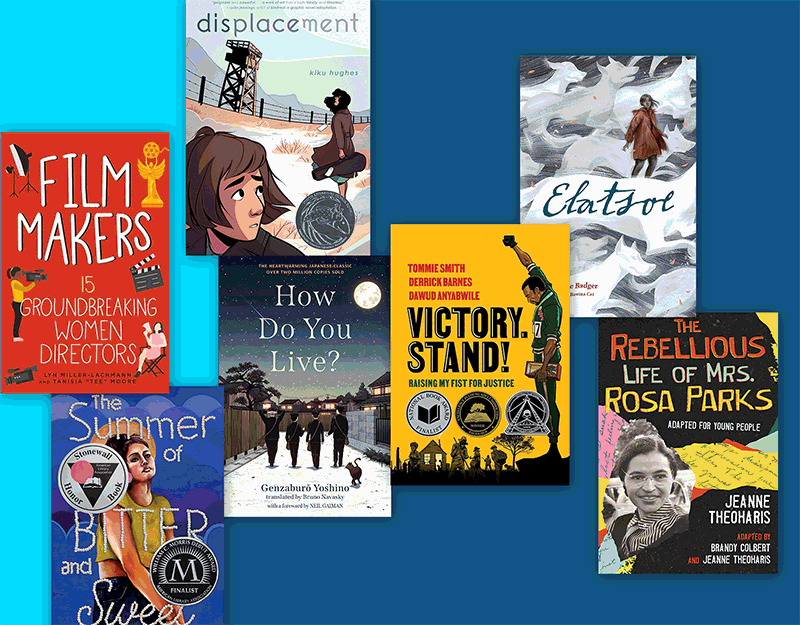
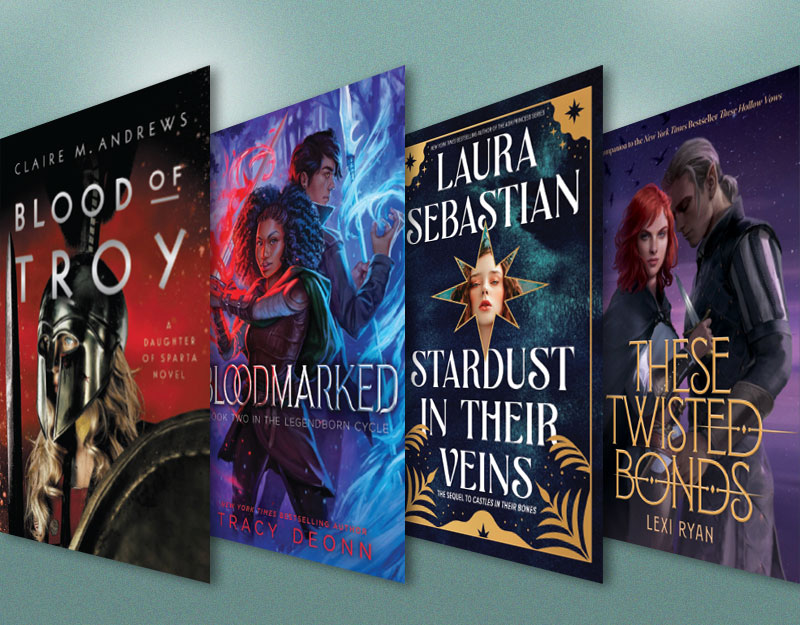
Joanne,
Thank you very much for this post and for your books. I agree wholeheartedly that we need books reflecting a variety of Jewish experiences, including contemporary ones. However, I would like to caution against the often repeated idea that there is a surfeit of Holocaust-themed books. Holocaust denial is only increasing and few survivors are left. Recently, SLJ ran a disingenuous piece defending the possible legitimacy of including Holocaust denial books in libraries at an ALA panel. The responses included attacks on those pointing to the dangers of this trend. Please continue to write about the Jewish experience from any perspective which interests you, but suggesting that books about the Holocaust are somehow redundant is misleading.
https://www.slj.com/story/with-a-joyful-return-to-In-Person-ALA-annual-hosts-a-censorship-discussion-a-twitter-controversy-ensued
https://imaginaryelevators.blog/2022/07/07/american-library-associations-panel-on-censorship-information-vs-propaganda/